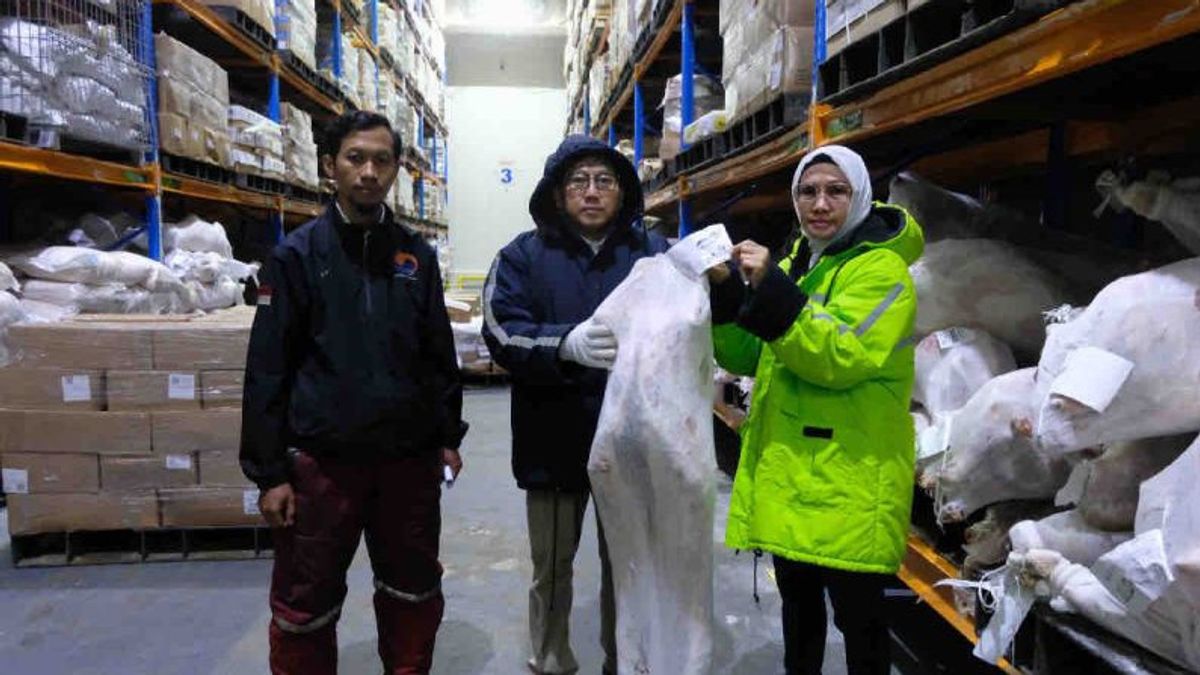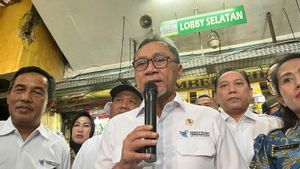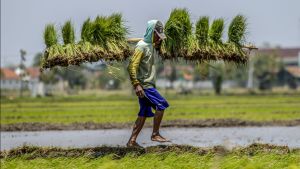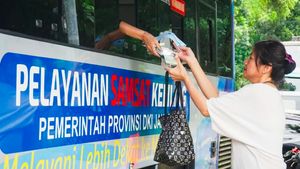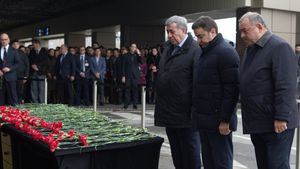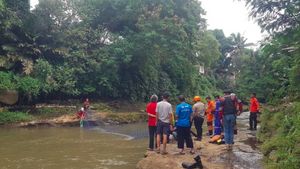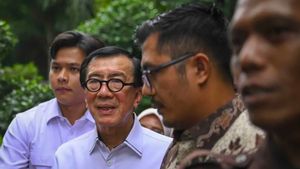JAKARTA - The Ministry of Agriculture through the Directorate General of Animal Husbandry and Animal Health conducted a surprise inspection (sidak) of 13 warehouses of imported sheep and goats. These warehouses are suspected of causing losses for local farmers.
The Director General of Animal Husbandry and Animal Health of the Ministry of Agriculture, Agung Suganda, led the inspection directly at one of the warehouses of lamb meat importers in the Depok area, West Java, Sunday.
Agung ensured the importance of the supervision because it is an effort to ensure that the import and distribution of imported meat is in accordance with regulations and to maintain the sustainability of local farmers' businesses amidst competition with imported products.
"We want to ensure that the import and distribution of imported meat, especially goat meat, is in accordance with regulations. The government will not tolerate actions that harm local farmers," Agung said in a statement in Jakarta, quoted from ANTARA, Sunday, November 24.
This inspection, Agung continued, is a follow-up to the Direction of the Minister of Agriculture Andi Amran Sulaiman to protect local farmers from the impact of cheap imported adult lamb (goat) meat. Lower prices for imported products have the potential to suppress domestic meat prices.
"If violations are found, we will take strict action," said Agung.
SEE ALSO:
In addition to checking documents, the team also ensures that the quality of meat stored in the warehouse is in accordance with health and food safety standards. Even so, Agung is not satisfied with the 13 warehouses that were inspected by his staff.
Agung explained that this inspection was part of the government's efforts to ensure that the domestic meat market remains environmentally friendly and does not harm local farmers.
Previously, the Ministry of Agriculture had temporarily suspended the issuance of recommendations for importing goat meat while evaluating and calculating the stock in importers' warehouses.
"We don't want the surplus of imported goat meat to depress the price of local lamb and goat meat, so that our farmers do not get a decent price. Our job is to protect them," he said.
The government also asked importers to hold back the distribution of goat carcasses and meat when the price of lamb and goats at the farmer level falls. In addition, importers are advised to absorb local lamb and goat carcasses and meat through associations that accommodate farmers according to the clusters that have been built.
On the other hand, the government continues to strive to bring together importers and distributors with local farmers to increase the absorption of local meat. Efforts to harmonize export requirements with Malaysia and Brunei also accelerate the absorption of local goat and sheep surpluses in the international market.
"We are optimistic that the steps we have taken, including strict supervision of imports, will strengthen the position of local farmers and maintain people's fertilization," Agung said.
The English, Chinese, Japanese, Arabic, and French versions are automatically generated by the AI. So there may still be inaccuracies in translating, please always see Indonesian as our main language. (system supported by DigitalSiber.id)
